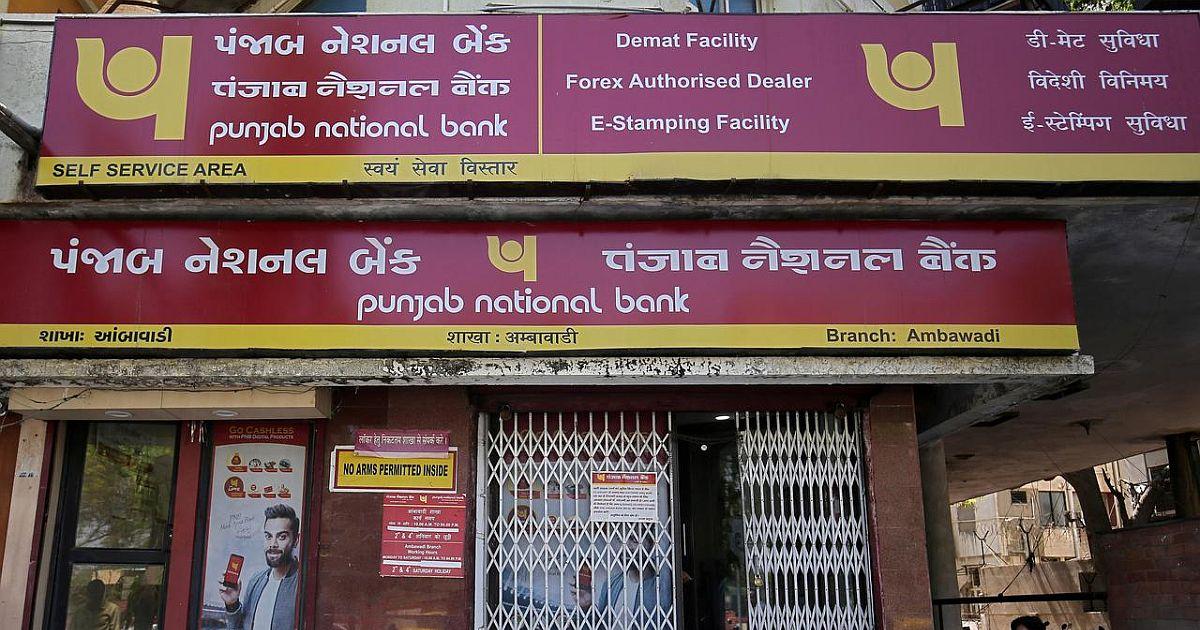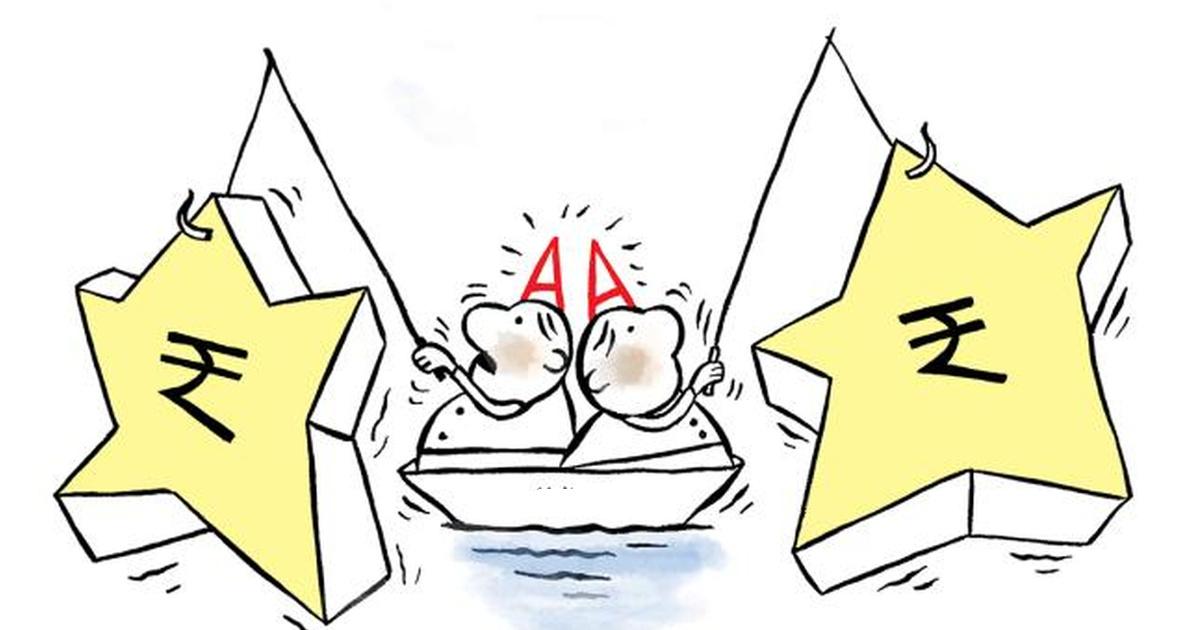‘We currently have new proposals worth Rs 1.48 trillion in the pipeline.’

Punjab National Bank (PNB) is witnessing strong momentum across retail, micro, small and medium enterprise (MSME), and corporate loan segments, driven by robust demand in the auto and housing sectors.
The bank is also expanding digital offerings, growing its credit card base, and re-entering the West Asian market with plans to reopen its Dubai office, said Ashok Chandra, managing director and chief executive officer, in an interview with Harsh Kumar/Business Standard in New Delhi.
How is PNB’s retail loan segment doing, especially after goods and services tax (GST) rate cuts?
We are seeing strong traction, especially in the auto sector, which is significantly contributing to our business loan portfolio.
From Durga Puja last year till Diwali this year, we have witnessed nearly 40 per cent growth in this segment during the same period.
The housing loan segment has also grown by around 45 per cent. We expect further momentum in retail lending following the recent GST rate cuts.
How do you see growth in the MSME sector?
As of now, we are not seeing any major impact from US tariffs on our MSME borrowers.
We expect around 19-20 per cent year-on-year (Y-o-Y) growth in this segment. Our overall export exposure to the US market stands at around Rs 4,400 crore, which is not a large portion of our total MSME book, and none of these accounts are under stress.
We are in regular touch with our MSME customers.
However, in agriculture, we have achieved 13 per cent growth in the second quarter, with special focus on self-help groups (SHGs).
How is PNB approaching unsecured lending?
Our unsecured lending portfolio comprises personal loans, education loans, and credit cards. Personal loans are extended only to salaried individuals.
Education loans up to Rs 7.5 lakh are covered under the credit guarantee scheme.
We are focusing strongly on the credit card business as part of our digital transformation.
By November 15, we will enable complete online onboarding. Currently, we have about 650,000 credit card customers, and we aim to reach 1 million by the end of FY26.
We have also entered the supply chain financing space. Within three months, we have built a portfolio of around Rs 3,000 crore, and we plan to scale this up to Rs 10,000 crore by FY26.
We have tied up with leading manufacturing companies to finance their dealers.
How is PNB working on NRI deposits and overseas portfolio?
We have received approval from the RBI to reopen our representative office in Dubai, which was closed in 2018. Dubai is a key hub for our West Asia business covering all seven emirates.
In the next two and a half months, we will apply to the Central Bank of the UAE for operational approval.
There is immense potential in this segment. Our GIFT City operations are also doing well, and our 100 per cent subsidiary in London continues to do good business.
Overall, we expect 15-16 per cent growth in our overseas portfolio.
What are your recovery expectations for this year?
During the second quarter, we achieved recoveries worth Rs 3,900 crore. Our recovery target for FY26 is Rs 16,000 crore, and we expect Rs 4,500 crore in Q3 itself.
We are confident of surpassing our annual target. We are also aiming for overall credit growth of around 11-12 per cent in FY26.
What is the outlook for the corporate loan book?
We currently have new proposals worth Rs 1.48 trillion in the pipeline.
So far, we have already sanctioned Rs 2.68 trillion in FY25 and in the first half of FY26, we have already reached the sanctioned Rs 2.81 trillion under the corporate loan portfolio.
For FY26, we expect to scale this up to Rs 4 trillion.
What steps are being taken to improve customer grievance redressal?
We have deployed a QR-based review system managed centrally at the head office, which has received very positive response.
To get feedback directly from the ground, I personally conduct multiple town halls with employees.
This initiative has helped us identify pain points and enhance customer satisfaction.
Disclaimer: This article is meant for information purposes only. This article and information do not constitute a distribution, an endorsement, an investment advice, an offer to buy or sell or the solicitation of an offer to buy or sell any securities/schemes or any other financial products/investment products mentioned in this article to influence the opinion or behaviour of the investors/recipients.
Any use of the information/any investment and investment related decisions of the investors/recipients are at their sole discretion and risk. Any advice herein is made on a general basis and does not take into account the specific investment objectives of the specific person or group of persons. Opinions expressed herein are subject to change without notice.
Feature Presentation: Aslam Hunani/Rediff




